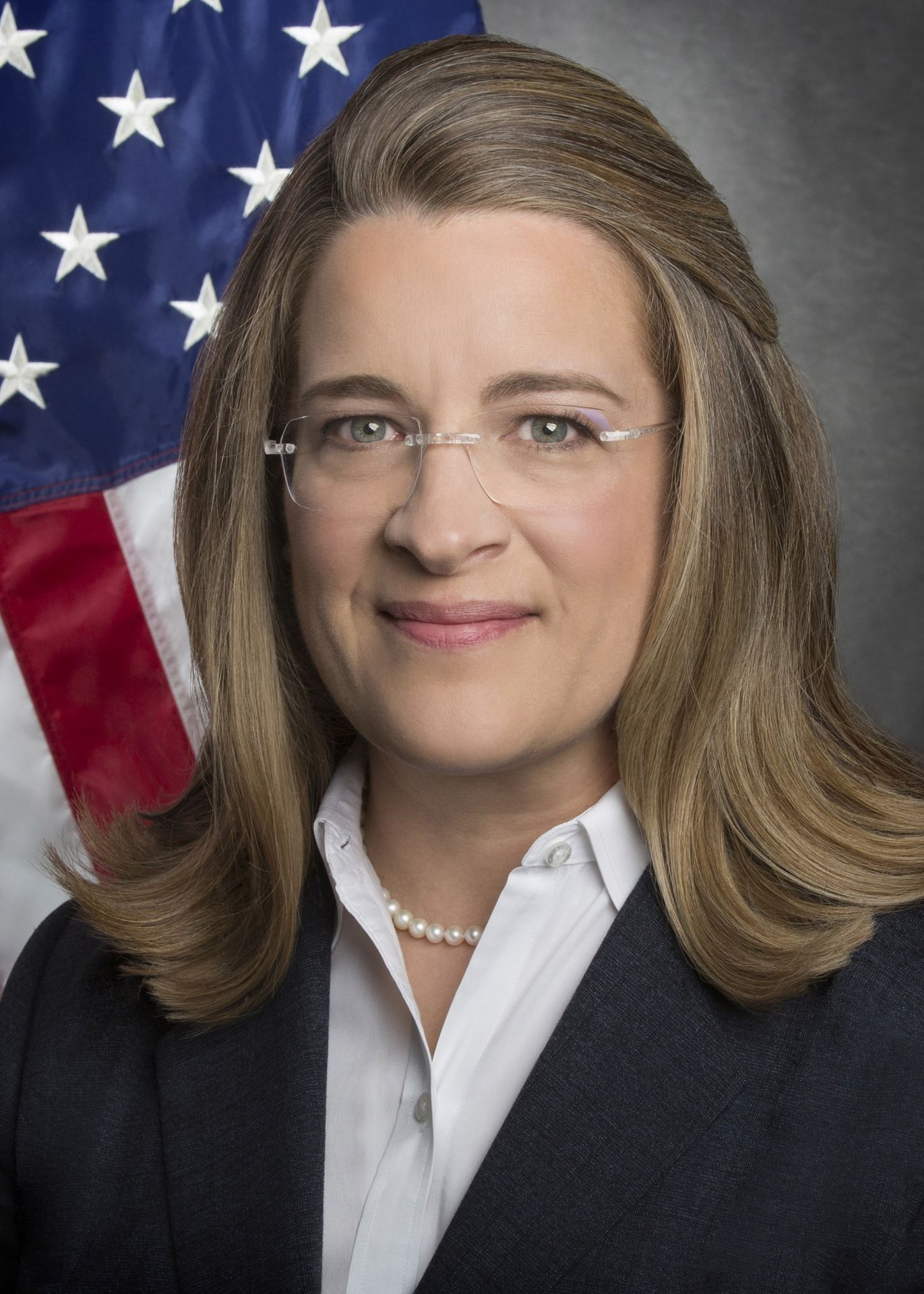U.S. special envoy for climate John Kerry at COP27. (Photo: Embassy of Ukraine in the United States of America)
U.S. special envoy for climate John Kerry and Ukraine’s minister of energy German Galushchenko have announced a two-to-three-year pilot project aimed at demonstrating the commercial-scale production of clean hydrogen and ammonia from small modular reactors in Ukraine using solid oxide electrolysis.
Constellation Energy's Clinton nuclear power plant. (Photo: NRC)
Constellation Energy, owner and operator of the nation’s largest reactor fleet, will ask the Nuclear Regulatory Commission to extend the operating licenses of the Clinton and Dresden reactors by 20 years, the company announced Monday, adding that it expects to file license applications with the agency in 2024.
The Trawsfynydd site in North Wales. (Photo: Magnox Ltd.)
The United Kingdom’s Nuclear Decommissioning Authority (NDA) has announced the signing of a memorandum of understanding with Cwmni Egino to support the development of a small-scale nuclear project in North Wales.
Germany’s Isar nuclear plant, located in Essenbach, Bavaria. (Photo: Elmschrat/WikiCommons)
With a reluctant bow to the reality of the energy crisis gripping Europe, the German government this week took a slight step back from its antinuclear power stance, forging an agreement with the operators of the Isar and Neckarwestheim plants to keep those facilities in “operational reserve” this winter should they be needed to ensure the country’s energy security.
From left: Romanian energy minister Virgil Popescu; E-Infra CEO Teofil Mureșan; Nuclearelectrica board chairman Teodor Chirica; and U.S. undersecretary for economic development, energy, and environment Jose Fernandez. (Photo: Nuclearelectrica)
Energy firms Nuclearelectrica and Nova Power & Gas have launched a joint venture, RoPower Nuclear, for the development of small modular reactors in Romania, with SMR technology provided by NuScale Power, of Portland, Ore.
Largely state-owned, Nuclearelectrica operates Romania’s sole nuclear power facility, the two-unit Cernavoda plant, while Nova Power & Gas, a subsidiary of the privately held E-Infra Group, is a supplier and distributor of electricity and natural gas in Romania. The two firms own equal shares of RoPower.
From left: NuScale president and CEO John Hopkins, Poland prime minister Mateusz Morawiecki, KGHM CEO Marcin Chludziński, and Ludwik Pieńkowski from AGH University of Science and Technology view a model of NuScale’s SMR technology. (Photo: Business Wire)
Portland, Ore.–based NuScale Power and KGHM Polska Miedź S.A. have signed the first task order and a statement of commencement to begin work under an agreement signed in February to initiate deployment in Poland of NuScale’s small modular reactor technology, the American firm announced this week. The task order was inked September 7 at the 31st Economic Forum, held September 6–8 in Karpacz, Poland.
The U.S. Capitol. Photo: Wikimedia commons.
In a 243–187 vote, the House of Representatives yesterday passed the CHIPS and Science Act of 2022, a $280 billion economic competitiveness package aimed at bolstering U.S. semiconductor manufacturing, as well as scientific research and development, including nuclear energy R&D.
Romania’s Cernavoda Units 1 and 2. (Photo: Nuclearelectrica)
Romania’s Nuclearelectrica, the state-owned operator of the two-unit Cernavoda nuclear power plant, has awarded Candu Energy a contract to conduct design and engineering services for the facility’s Unit 1 refurbishment project, according to an announcement last week from SNC-Lavalin, Candu Energy’s parent company.
Energy Northwest’s Columbia Generating Station, in Richland, Wash. (Photo: Energy Northwest)
Energy Northwest, owner and operator of Columbia Generating Station in Richland, Wash., recently signed a memorandum of understanding with nuclear technology firm Curio Solutions regarding Curio’s NuCycle nuclear waste recycling process.
Columbia is the Northwest’s only operating nuclear power plant, consisting of one 1,207-MWe boiling water reactor. There are currently 54 concrete and steel casks on site, holding the spent fuel produced by the reactor since it began commercial operation in 1984.
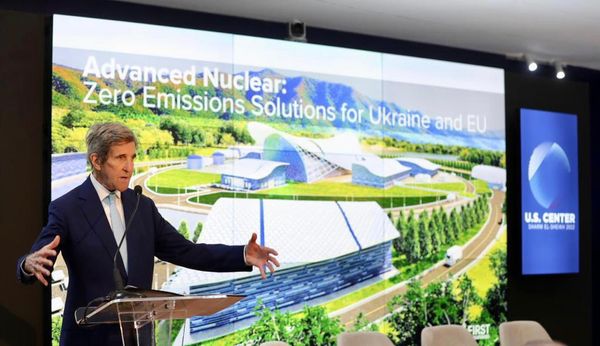



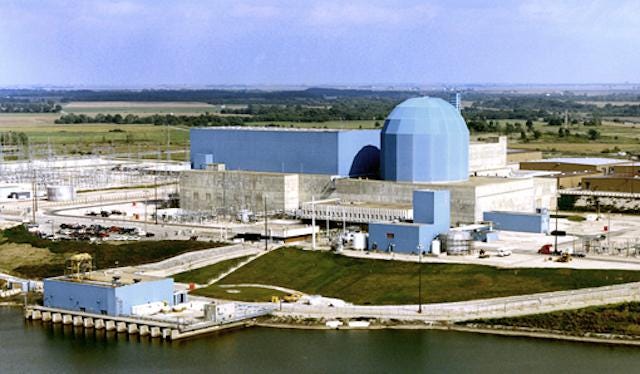

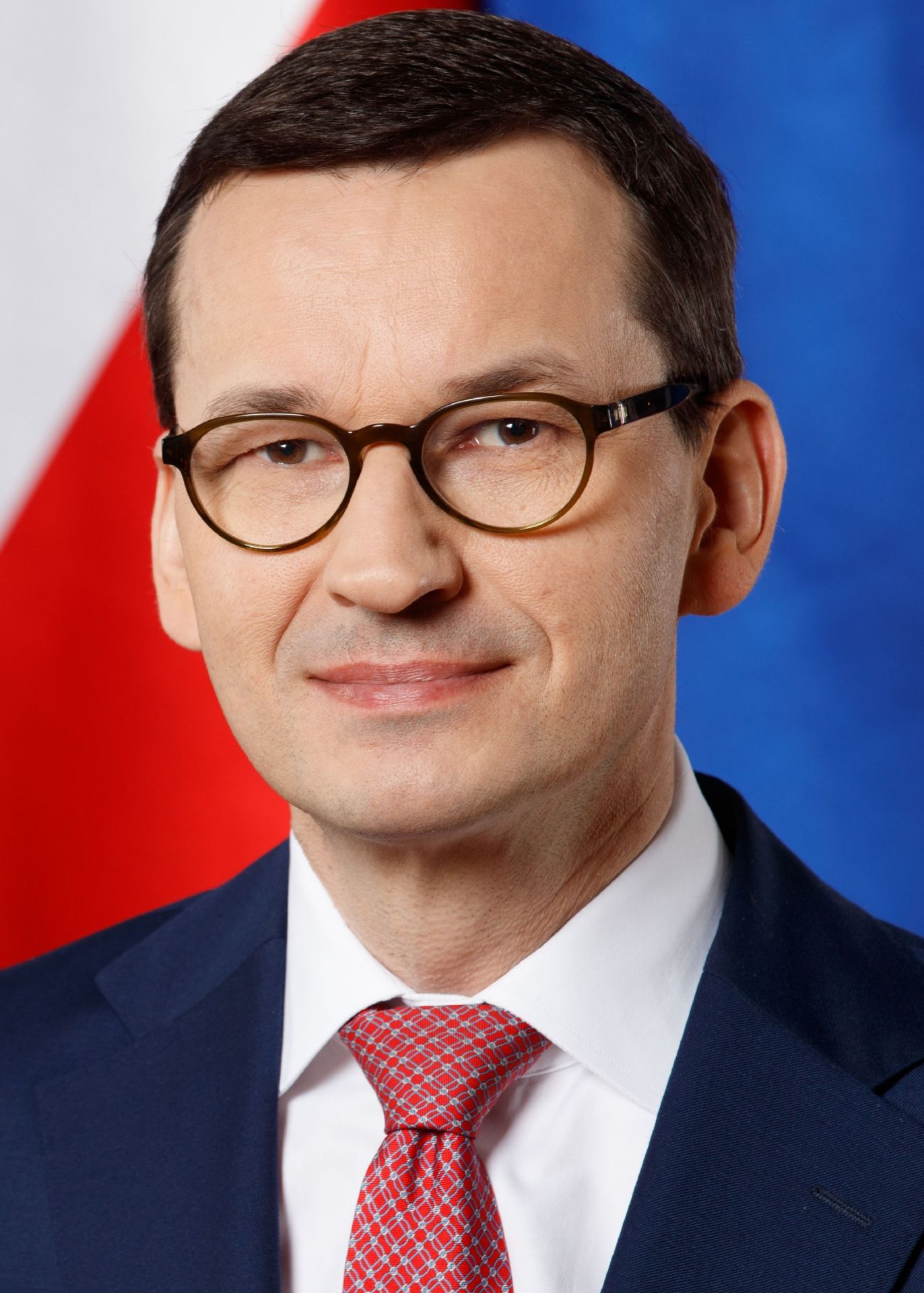
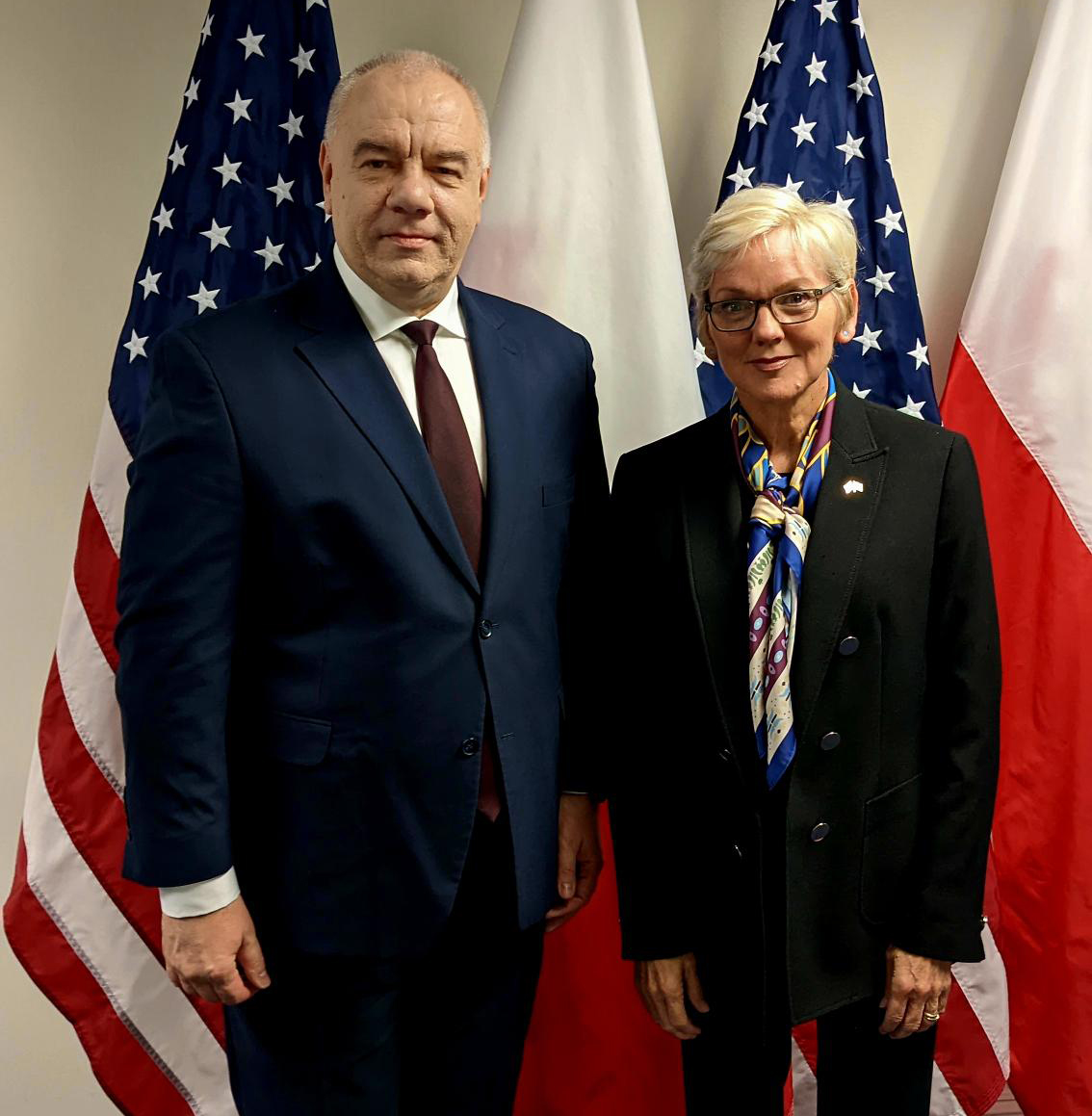





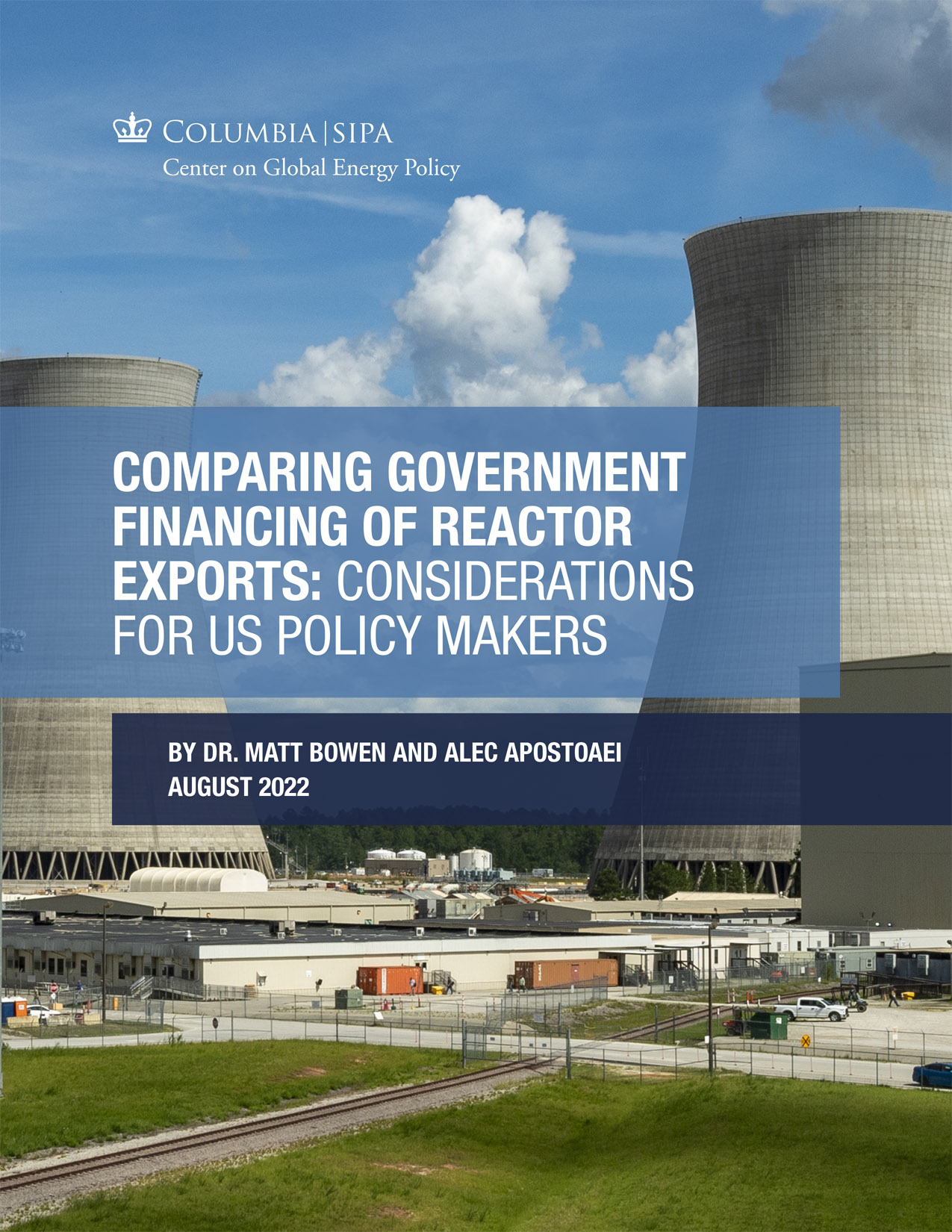 As energy security and environmental concerns prompt some countries to increase their reliance on nuclear energy or become first-time adopters of the technology, the U.S. government must decide whether it will offer financing for reactor exports—a move that poses financial risks but could create jobs, address global climate and energy security challenges, and limit Chinese and Russian influence. A new
As energy security and environmental concerns prompt some countries to increase their reliance on nuclear energy or become first-time adopters of the technology, the U.S. government must decide whether it will offer financing for reactor exports—a move that poses financial risks but could create jobs, address global climate and energy security challenges, and limit Chinese and Russian influence. A new 
